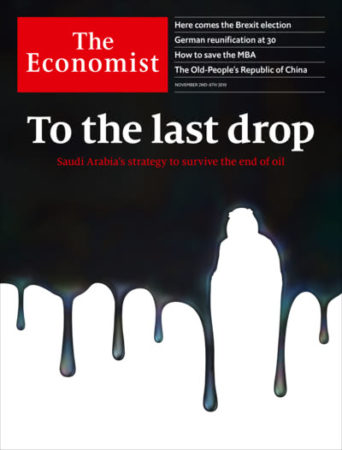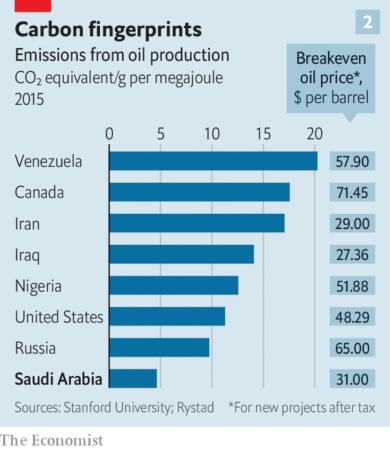There are several reasons to be interested in the climate politics of faith groups. Some progressive ones like the United Church of Canada and the Diocese of Nova Scotia and Prince Edward Island have taken meaningful action by divesting. The pope’s Laudato Si encyclical may have an impact on billions around the world.
Faith groups becoming champions of a stable climate could have the potential to shift the character of the climate change debate, which is presently mostly about progressives calling for strong action (usually coupled with a social justice and redistribution agenda) and conservatives either denying that there is a problem or finding a justification to take no action. If the arguments of climate scientists can be legitimized by faith communities which conservatives care about, we might start to see progress toward a pan-ideological consensus on climate action.
One story today that reminded me of this: Why Four Christian Activists Risked Arrest to Shut Down an oil Pipeline





